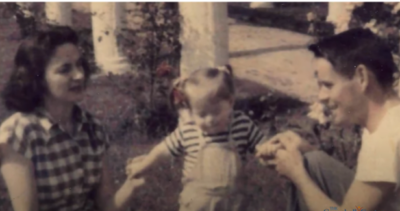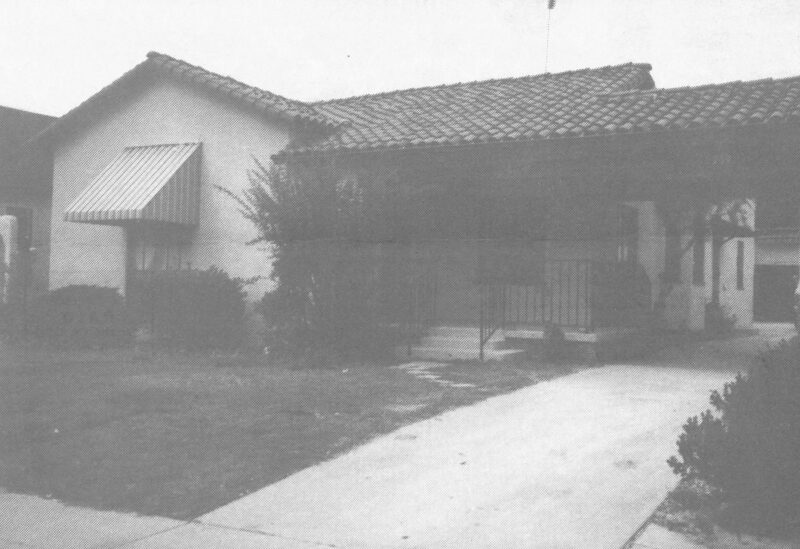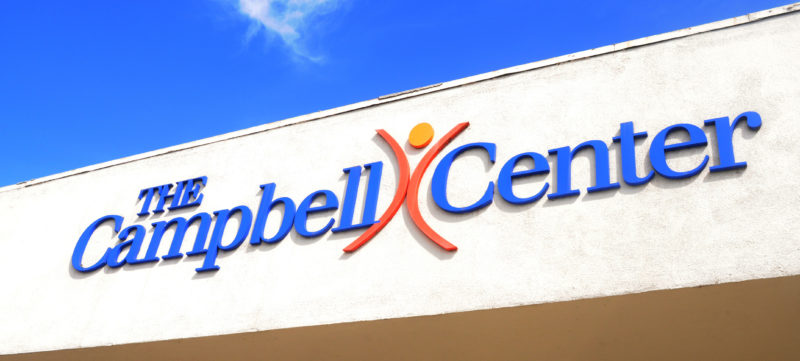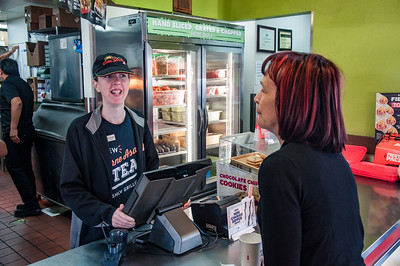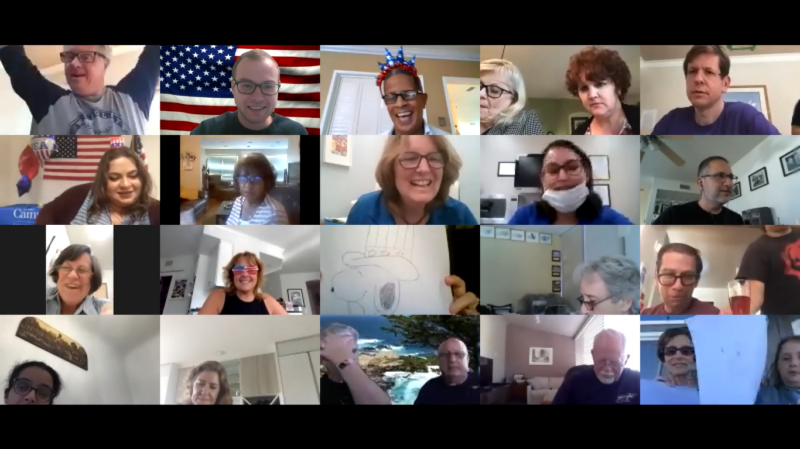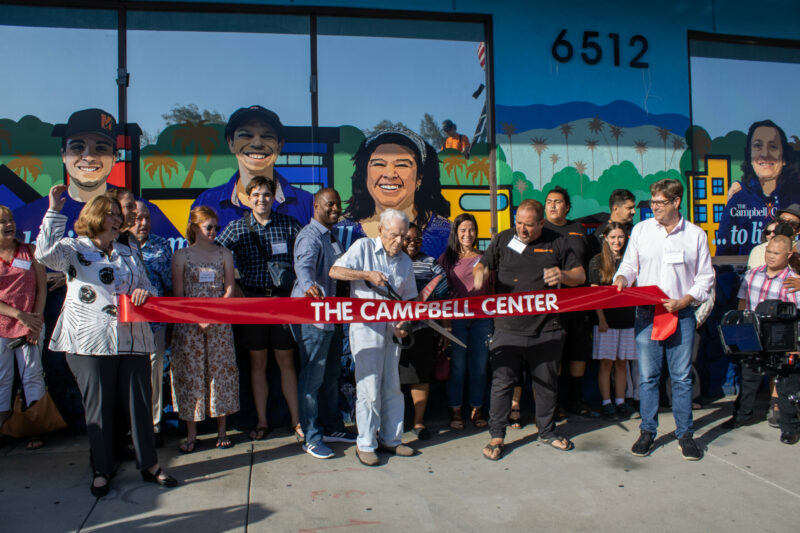1988The Association purchased a building and moved the workshop and association headquarters to 6512 San Fernando Road, its current location. The new location offered 8,000 square feet with improved production space, classrooms, speech therapy room, offices and break area. That year, the Glendale Foundation for the Retarded was established for the purpose of raising funds to support the mission of the organization. Soon, annual fundraising events follow, including Derby Day, Bowl-A-Thon, among others.
1989In November, the Association received a $450,000 grant to establish a second group home. The monies received were from the City of Glendale Area Redevelopment Funds.
1991In May, the second home — Alma House — opened, providing a home for another 6 developmentally disabled adults.
1993The Association received a grant from the City of Glendale, the Weingart Foundation, and the California Community Foundation.
1994Combined, the two homes – Alma House and Hamilton House – provided permanent residential care for 16 adults. At the Self-Aid Workshop, 53 adults received services. Thirty percent of these disabled adults were Armenian immigrants from Armenia, Lebanon, Syria, Iran and Iraq.
1995Grants were received from Wells Fargo Bank and Parsons Foundations to start a Job Development/Job Placement Project to develop individual jobs and enclaves for workshop clients in community work settings. This program allowed the workshop to expand the variety of opportunities and choices available to better meet client needs and preferences. A Multi-Cultural Program designed for the specific needs of non-English speaking, immigrant clients was started.
1997In August, the Association received approval from the City of Glendale for a $498,000 HUD loan to purchase and renovate a third group home on Alma Street.
1999In April, the third home — David Gogian House — was opened, providing a home for another 6 developmentally disabled adults.
2001The first Aktion Club west of the Rockies was chartered in Glendale. An AKTION Club is a community-service group composed of adults with developmental disabilities. The Glendale Kiwanis Club, composed of leading business and professionals from the Glendale community, served as the club’s sponsor.
2002Pastimes program started for older adults to spend half day in the workshop and half day in community integration.
2003Self-Aid Workshop name changed to GAR Services.
2004The Association celebrated its 50th year anniversary.
